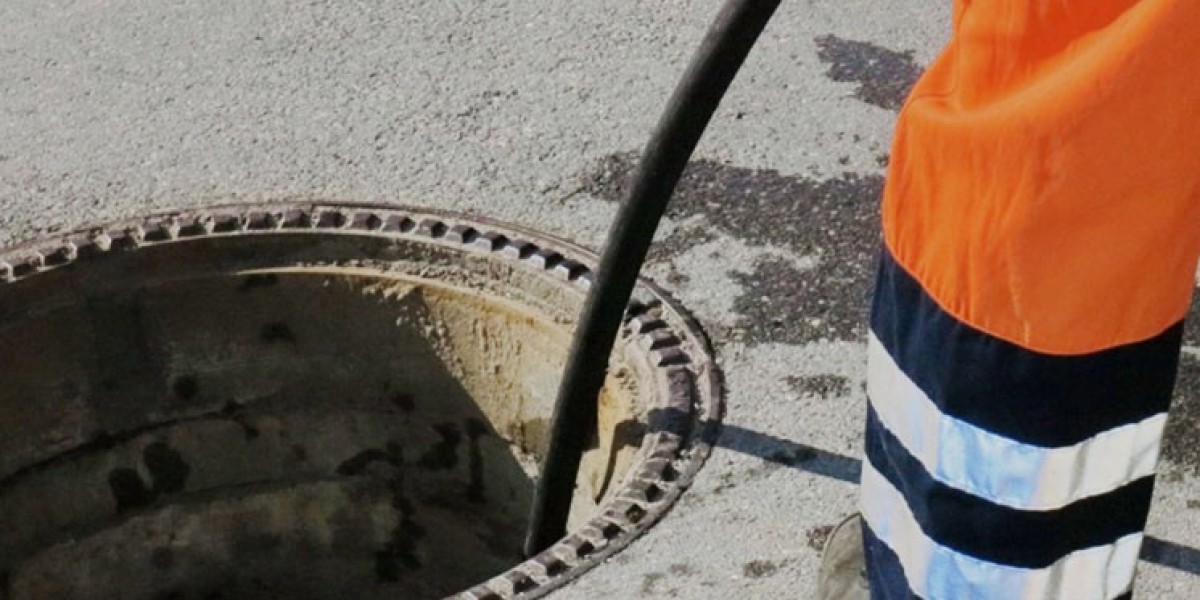Water quality is a critical aspect of public health and environmental sustainability. One of the often overlooked yet essential contributors to maintaining and improving water quality is effective sewer services. Properly managed sewer systems can significantly reduce water pollution, protect ecosystems, and ensure clean water for communities. In this article, we will explore how sewer services play a vital role in enhancing water quality.
Understanding Sewer Services
Sewer services encompass the management and treatment of wastewater from residential, commercial, and industrial sources. These services include the collection, transportation, treatment, and disposal of sewage. The primary goal is to remove contaminants and pathogens from wastewater before it is released back into the environment or reused.
Collection and Transportation of Wastewater
The first step in the sewer service process is the collection and transportation of wastewater. Sewer systems consist of a network of pipes that transport sewage from homes and businesses to treatment facilities. This infrastructure is crucial for preventing raw sewage from entering natural water bodies, which would otherwise lead to severe water pollution.
Advanced Wastewater Treatment
Modern sewer services utilize advanced treatment technologies to purify wastewater. The treatment process typically involves several stages:
Primary Treatment
This initial stage removes large solids and debris from the wastewater through screening and sedimentation.
Secondary Treatment
Biological processes are employed to break down organic matter and remove suspended solids. Aeration tanks and biofilters are common methods used in this stage.
Tertiary Treatment
This advanced stage involves further purification to remove nutrients, pathogens, and chemical contaminants. Techniques such as filtration, disinfection, and nutrient removal are used to achieve high water quality standards.
By efficiently treating wastewater, sewer services ensure that harmful substances are significantly reduced or eliminated before the treated water is discharged into rivers, lakes, or oceans.
Reducing Pollutants and Contaminants
Effective sewer services play a critical role in reducing pollutants and contaminants in water bodies. Untreated sewage contains a variety of harmful substances, including:
- Pathogens: Bacteria, viruses, and parasites that can cause diseases.
- Nutrients: Excess nitrogen and phosphorus that lead to algal blooms and eutrophication.
- Toxic Chemicals: Industrial pollutants, pharmaceuticals, and household chemicals that can harm aquatic life and human health.
Through comprehensive treatment processes, sewer services can remove these pollutants, thereby preventing them from entering the water supply and negatively impacting water quality.
Protecting Aquatic Ecosystems
Aquatic ecosystems are highly sensitive to changes in water quality. Pollutants from untreated sewage can disrupt the delicate balance of these ecosystems, leading to the decline of fish populations, destruction of habitats, and loss of biodiversity. Sewer services help protect aquatic ecosystems by ensuring that the water released back into the environment is free from harmful contaminants. Clean water supports healthy ecosystems, promoting biodiversity and resilience.
Supporting Public Health
Public health is directly linked to water quality. Contaminated water can lead to waterborne diseases such as cholera, typhoid, and hepatitis. Effective sewer services reduce the risk of these diseases by ensuring that wastewater is properly treated and disinfected before it is released or reused. This is particularly important in urban areas where population density increases the potential for waterborne disease outbreaks.
Reuse and Recycling of Treated Water
In addition to improving water quality, sewer services also contribute to water conservation through the reuse and recycling of treated water. Treated wastewater can be repurposed for agricultural irrigation, industrial processes, and even potable water supplies in some cases. This not only reduces the demand on freshwater resources but also minimizes the environmental impact of wastewater discharge.
Conclusion
Sewer services are indispensable for maintaining and improving water quality. Through the collection, treatment, and safe disposal of wastewater, these services mitigate the impact of pollutants, protect aquatic ecosystems, and safeguard public health. As communities grow and industrial activities expand, the importance of robust and efficient sewer services cannot be overstated. By investing in advanced wastewater treatment technologies and infrastructure, we can ensure clean and safe water for current and future generations.







